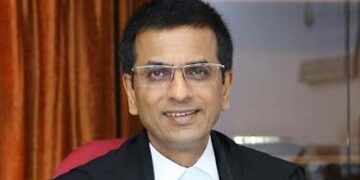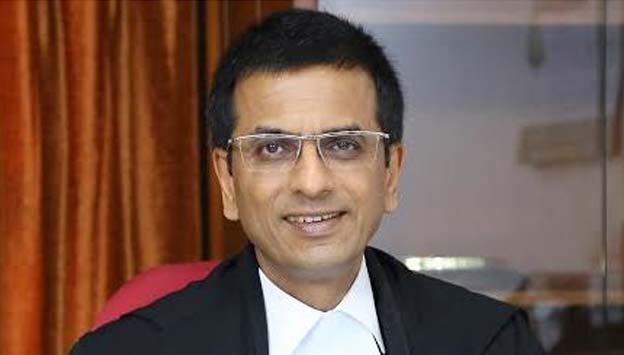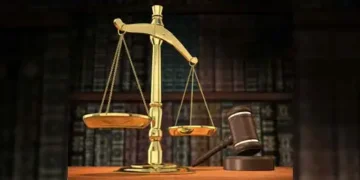JUDGES are neither princes nor sovereigns but service providers and enablers of rights-affirming societies, Chief Justice of India DY Chandrachud said during his address at the J20 Summit in Brazil’s Rio de Janeiro recently.
The CJI said that judges are, perhaps, the only public functionaries who are perched on a raised platform, who punish for contempt, and make important decisions about the lives of others in discrete private chambers, without the fear of electoral losses.
“We are now having conversations about the explainability of the Artificial Intelligence (AI) decision-making mechanism, which means that AI cannot decide in a black box and there must be an explanation of why it decided the way it did. As judges, we are neither princes nor sovereigns who are above the explainability requirement ourselves. We are service providers, and enablers of rights-affirming societies,” he said.
Transparent decision
According to the CJI, a judge’s decision and the road leading up to it must be transparent, understandable to everyone with or without a legal education and must be broad enough for everyone to walk alongside.
Underlining the transformative role of technology in judicial systems worldwide, CJI Chandrachud highlighted the need for innovative judicial processes and the importance of transparency and accessibility in the justice system.
He stressed that technology has fundamentally changed the relationship between the law and society. Citing two key areas where technology can enhance justice delivery, he mentioned the streamlining of pre-decision processes and the implementation of post-decision measures to improve access and engagement.
Disinformation issue
On the issue of disinformation, the CJI praised Brazil’s Program to Fight Disinformation and highlighted India’s efforts with the Supreme Court Vidhik Anuvaad Software (SUVAS), which has translated over 36,000 cases into 16 regional languages.
The CJI concluded by advocating for the establishment of normative guardrails in technology adoption to ensure that technological advancements support, rather than substitute, judicial decision-making.
































